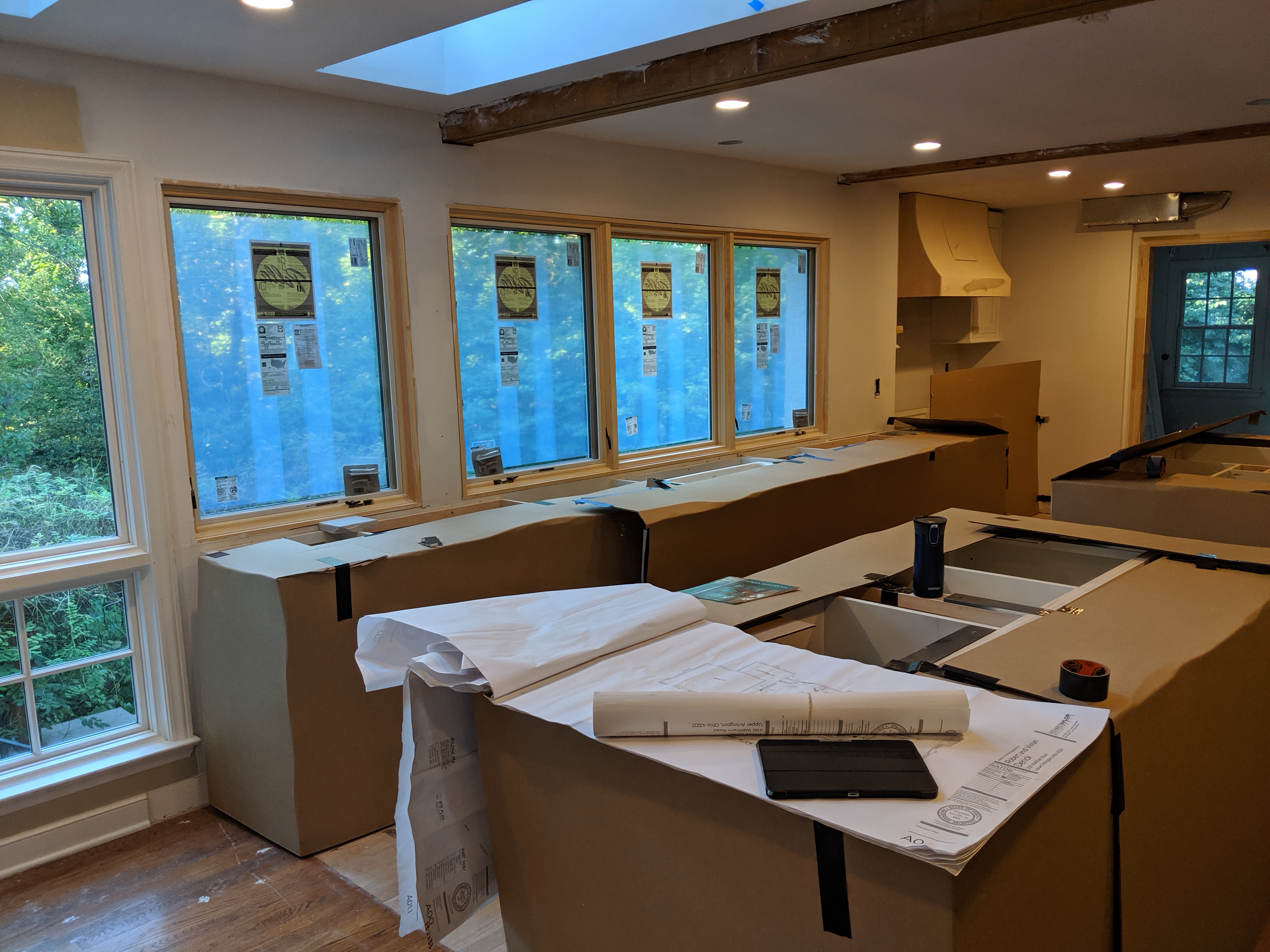
The 9 Real Questions to Ask When You’re Interviewing Contractors – And the Answers You Should Expect
When you get right down to it, there are only four questions to ask contractors when you’re interviewing them for your new home or remodeling project:
1) Will you do a really nice job on my project?
2) Will you do it for a reasonable price?
3) Will you do the work in a reasonable time frame?
4) Will you make the experience a pleasant one (no “contractor horror stories”)?
And of course, you should expect the answer to each question to be “yes”.
Well that was easy.
If only! The reality is that you need to dig a bit deeper – you need to know how a contractor is going to achieve all four of those goals, and you need proof that they’ve done it for other clients before you.
Why? Because your’e going to write some big checks to get this project built, and you need to be sure that money’s going to get you what you want.
What should you expect to pay for your new home or remodeling? – here’s how to make sure you’re getting the best price for your construction project.
If you found this article because you Googled “questions to ask contractors” or something similar, then you might already have read other lists of questions.
But most of their questions to ask contractors are designed to find out if the contractor you’re talking to is qualified to build your project.
In this article I’m assuming they’re qualified – my questions are designed to find out if they have processes in place to manage your construction project in a way that gets you the quality you should expect, based on my 30+ years of experience.
1. How do you manage communications during construction?
Communication is the single most important thing to get right. Better contractors insist on regular jobsite meetings with the client and Architect. They also keep their clients updated with progress reports every week, including lots of photographs of the work.
If the contractor has a staff of employees, there should be one who’s the main contact – all communications go through them. And you should always have immediate access to the company’s owner.
2. How do you handle “call backs” during the first year after completion (and beyond)?
“Call Backs” happen after the job is done, and problems crop up – something’s wrong, and you need to call the contractor back onto the job.
The bottom line here is that you shouldn’t have to make the call – your contractor should have a written program in place to fix all the little issues that always come up in the first year. Better contractors do a six-month and a 12-month follow up and maintenance call. For the rare time you do need to call, someone should be scheduled to handle your issue asap.
3. What is your track record of finishing within your projected completion date?
This question assumes you’ve taken into account that your decision-making and weather often affect a project’s finishing date – but – better contractors know to anticipate changes, and build that into their initial schedule.
When things do take longer than expected, you want a contractor who manages the changes to keep delays as short as possible. And when delays do happen, they tell you exactly when they’ll be back on the job.
The way a contractor answers this will tell you a lot – does he place blame for delays, or does he show you how he minimized the impact of them?
4. How do you manage making/tracking finish and fixture selections?
You have thousands of decisions to make as a client – there’s a lot you can do on your own to keep those decisions organized, but better contractors have a program in place to tell you when decisions are needed, and keep track of the choices you’ve already made.
That can be a simple as a shared Dropbox folder, or something more sophisticated like BuilderTrend software.
Better contractors work hard to inform you well ahead of time when decisions are needed, and work with you and your Architect or Interior Designer to stay ahead of them.
5. How often do you schedule jobsite meetings with the Owner and Architect?
The wrong answer to this is “whenever you want”. The right answer is some type of regular schedule, depending on the phase of the project. Fewer meetings at the beginning, more as the project moves along.
Sometimes site meetings are scheduled by the Architect – make sure your contractor plans to attend every one of those, too.
6. How do you handle price increases in materials?
This depends, in part, on the form of agreement your contractor prefers. A “fixed fee” contract usually locks in material prices while a “cost plus” contract may allow prices increases to be passed along to you.
In both situations, however, you should expect your contractor to negotiate with his suppliers and subcontractors when they try to pass along prices increases once the project’s underway.
7. How do you handle changes during construction?
Changes come in two varieties – changes you ask for, and changes no one anticipated. In both cases it’s critical – absolutely critical – that the change doesn’t happen until it’s been properly documented. That documentation is called a “change order”, and it should contain a detailed description of the change (including a drawing when needed); the change in price, and the change in schedule.
Once you’ve reviewed and agree with the change order, you and your contractor both sign it. Without a change order, there’s too much chance of a misunderstanding about what’s going to be done and how much it will cost.
Better contractors never give “verbal” change orders, even if it’s something that needs to be taken care of right away. There’s always time to write it down.
8. How many projects do you have going, and how many do you do in a typical year?
With this question you’re trying to find out if the contractor is too busy to give his full attention to your project. Find out how many jobs each superintendent (if there’s more than one) has going on, and how many they can comfortably handle.
The other side of the coin is the contractor who’s not particularly busy right now. Will he still pay attention to your job when a shiny new project comes along?
The best answer to this question is an exact number – “we only take on X number of jobs at a time”.
9. How long have you been working with your main subcontractors?
Few things wreck a schedule faster than a subcontractor who doesn’t show up on time. That’s less likely to happen if the sub has a long-standing business relationship with your builder.
And a subcontractor who’s worked with the general contractor for many years knows what he expects – which means he’s more likely to do it right the first time.



Very helpful, thank you.